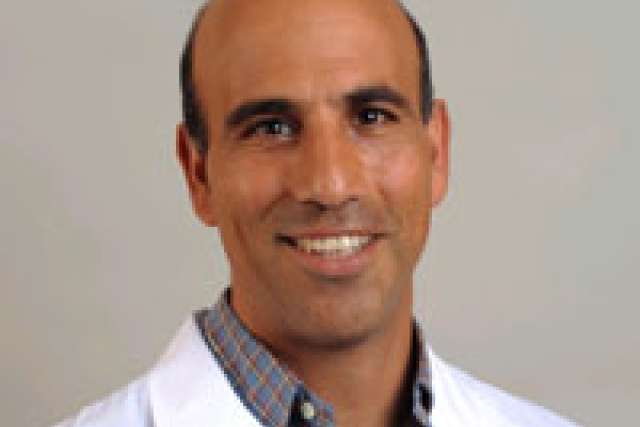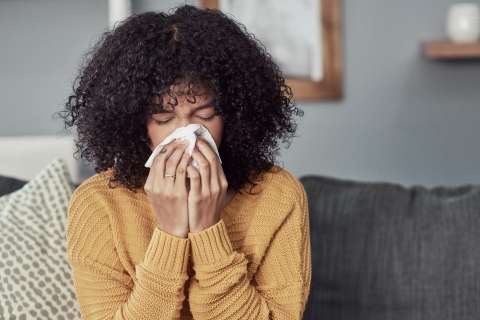Dear Doctors: My daughter had the chicken pox vaccine as a child, so never had chicken pox. She’s now an adult. Should she get a booster?
That’s an excellent question. The chicken pox (Varicella) vaccination has been widely used in the United States since 1996. Given in a two-dose schedule at 12-15 months and at 4-6 years, the vaccine has significantly reduced the incidence of chicken pox among the population. If your child had the vaccine 20 years ago, she is indeed still protected from getting chicken pox.
But – and this is concerning – she’s less protected than when she got the vaccination. That’s especially important because contracting chicken pox as an adult can lead to an increased risk of pneumonia and death.
Children in some pockets of the United States are less likely to have been vaccinated, and thus outbreaks of chicken pox occur. This is also true for other countries with more spotty vaccination rates than the U.S. Thus a 21-year-old may be more susceptible to getting the virus if he or she visits those areas.
The good news is that, in most areas of this country and the developed world, the vaccine has significantly reduced the circulation of the chicken pox virus in the population, so your daughter will be less likely to be exposed to it. And you can take solace in the fact that, if your daughter does develop chicken pox, it probably won't be as severe as someone who was never vaccinated. That’s because she does have some immunity from her previous vaccination, so she will be less likely to get the severe complications that can occur in adults.
That said, there are many unknowns regarding what will occur later in life when your daughter is in, say, her 50s and her immunity to the virus has waned further. Currently, neither the federal Centers for Disease Control and Prevention nor the American Academy of Pediatrics recommend a chicken pox booster. That could change over time – especially for those people traveling to areas where chicken pox is prevalent.
We will understand more about the vaccine and its protective powers as this first generation of people who received the vaccine gets older – and as doctors and patients ask these very important questions.
Robert Ashley, MD, is an internist and assistant professor of medicine at the University of California, Los Angeles.
Ask the Doctors is a syndicated column first published by UExpress syndicate.




